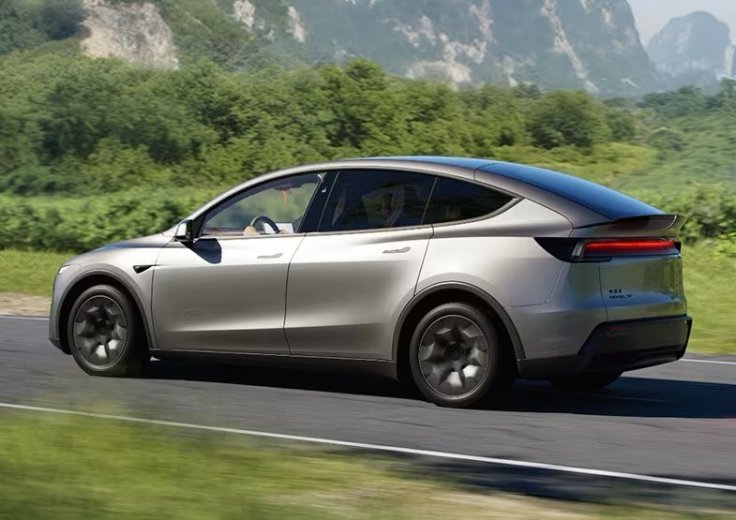Tesla is introducing its next-generation AI-powered in-car voice assistant in its electric vehicles (EVs) for China, based on a partnership with DeepSeek and ByteDance’s Doubao large language model. The move underscores Tesla’s push for localizing its offerings for Chinese drivers as it seeks to fend off growing competition in the country’s burgeoning smart electric vehicle market.

According to Tesla’s China website, the new system enables drivers to communicate with their cars using natural voice commands. Using the wake phrase “Hey Tesla,” control navigation, set the temperature in the cabin, play music, and leverage real-time updates such as news or weather. This hands-off function is intended to make your driving more productive and more comfortable.
The technology leverages two components of artificial intelligence: one, known as DeepSeek, is responsible for conversational interactions, allowing drivers to ask questions and receive real-time information; and the Doubao model developed by ByteDance handles command execution, which means drivers can instruct their vehicles to perform tasks such as managing entertainment or navigation functions. Both systems run on ByteDance’s Volcano Engine cloud platform, providing for quick responses and secure processing of data within China.
Industry analysts view this as a change in strategy for Tesla. Homegrown EV makers like BYD, Nio, and Xpeng already have AI assistants in their cars, and that gives them an advantage in the customer experience. By embracing AI tools developed by Chinese companies, Tesla is narrowing the space between its technologies and catering to the educated tastes of local consumers.
Data regulations are also the reasons behind Tesla’s choice. China has imposed strict rules on data security and cross-border transfers, complicating the storage of data on overseas servers for many companies. By hosting the AI systems on ByteDance’s cloud, Tesla is ensuring it complies with local data requirements and making it easier to integrate the AI with Chinese apps and services.
The partnership is part of a larger wave by worldwide automakers. BMW said earlier this year that it was partnering with Alibaba to include its QWen vehicle-large language model in vehicles targeted at Chinese consumers. The partnerships are a sign of how foreign brands are adjusting themselves to regional ecosystems, rather than relying solely on their in-house technology.
The approach also underscores the regional variation for Tesla. The company’s US cars use xAI, a digital assistant developed by Musk’s startup, but the Chinese market needed a different solution to comply with regulations and consumer demand. This two-pronged strategy reflects Tesla’s ability to adapt to various regions.
With DeepSeek and Doubao, Tesla is not just improving the driving experience but also maintaining its ground in the world’s biggest EV market. As AI assistants take root as standard features in smart cars, Tesla’s latest move is viewed as a move to compete locally and expand its long-term presence in China.

